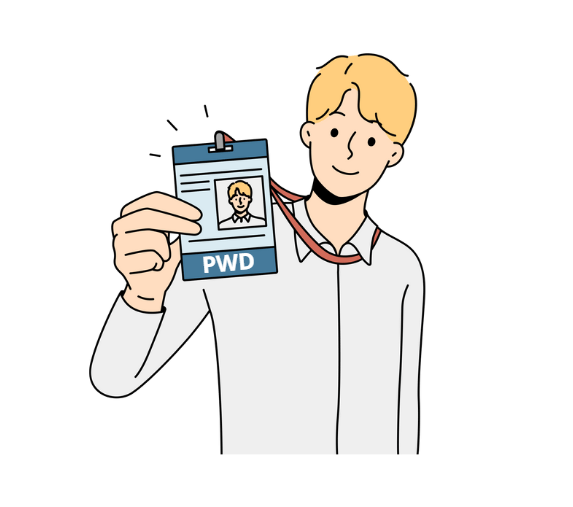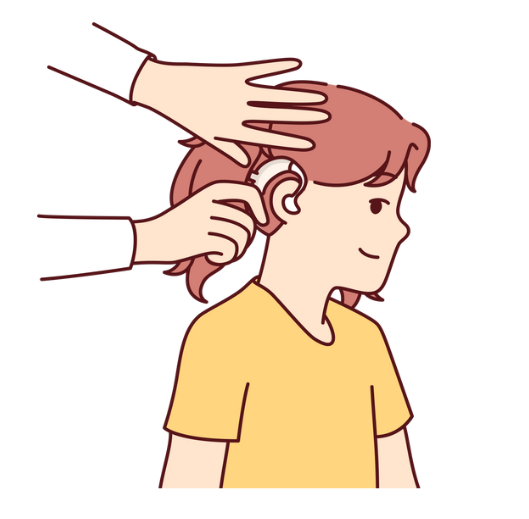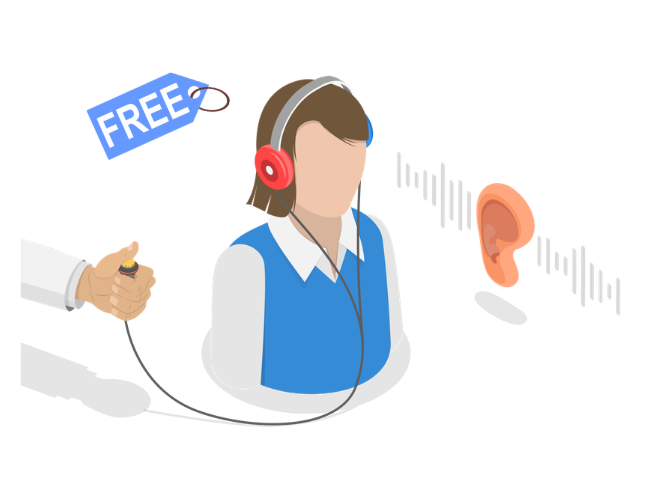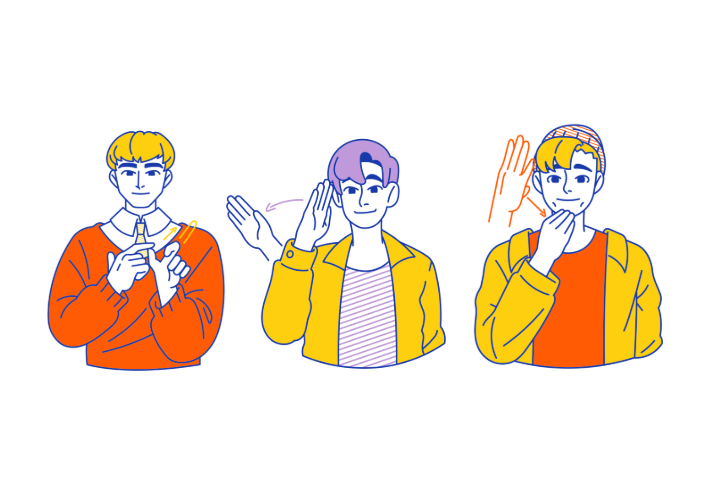Turning Challenges into Opportunities
Life is never free from challenges. For members of the Deaf community in the Philippines, obstacles may come in many forms—communication barriers, limited access to education, or workplace discrimination. But challenges, while difficult, can also open doors to growth and new opportunities. By changing how we see difficulties, we can transform them into stepping stones toward empowerment and success.

Understanding Challenges
Everyone faces challenges, but for the Deaf community, these can be more complex due to systemic barriers. For example, access to sign language interpreters in schools and public services is still limited in the Philippines, despite Republic Act 11106 (Filipino Sign Language Act) recognizing Filipino Sign Language (FSL) as the national sign language (Official Gazette, 2018). Such barriers can make education and job opportunities harder to reach.
Acknowledging these challenges is the first step toward creating change. When individuals and communities recognize where the gaps are, they can better advocate for inclusion, accessibility, and equal rights.
Turning Barriers into Strengths
Challenges can actually highlight unique strengths. Many Deaf individuals develop strong visual learning skills, attention to detail, and creativity. Studies from Gallaudet University show that Deaf people often excel in visual-spatial tasks and problem-solving (Gallaudet Research Institute, 2020). These skills are valuable not only in academic settings but also in careers such as design, technology, and the arts.
When the world places limitations, the Deaf community often learns resilience. This resilience itself is a powerful skill that can help overcome future obstacles.
Creating Opportunities Through Community
One of the best ways to turn challenges into opportunities is through the support of community. Deaf organizations in the Philippines, such as the Philippine Federation of the Deaf (PFD), provide resources, training, and advocacy platforms. Being part of a community can open doors to networking, learning, and empowerment.
More Filipino companies are beginning to see the value of inclusive workplaces. According to the International Labour Organization (ILO, 2021), businesses that practice disability inclusion experience higher employee satisfaction and innovation. This means that the push for accessibility is not only good for the Deaf community but also beneficial for society as a whole.
Building a Positive Mindset
The way we view challenges greatly affects how we respond. Instead of seeing them as roadblocks, we can treat them as opportunities to grow stronger and wiser. For example, a Deaf student struggling with lack of interpreters might use that challenge to advocate for policy change, benefiting future generations.
The World Health Organization (WHO, 2021) highlights that empowerment and participation are key in improving the lives of persons with disabilities. By believing in our ability to make a difference, we move closer to solutions and progress.
Conclusion: From Challenge to Opportunity
Challenges will always exist—but they don’t have to stop us. For the Deaf community, each obstacle can be turned into an opportunity for growth, advocacy, and innovation. With resilience, community support, and a positive mindset, what once seemed like a barrier can become the very thing that pushes us forward.So the next time you face a challenge, ask yourself: What opportunity is waiting behind this difficulty?
References
- Official Gazette of the Philippines. (2018). Republic Act No. 11106: Filipino Sign Language Act.
- Gallaudet Research Institute. (2020). Visual-Spatial Skills in Deaf Learners.
- International Labour Organization (ILO). (2021). Disability Inclusion in the Workplace.World Health Organization. (2021). World Report on Disability.







Leave a Reply